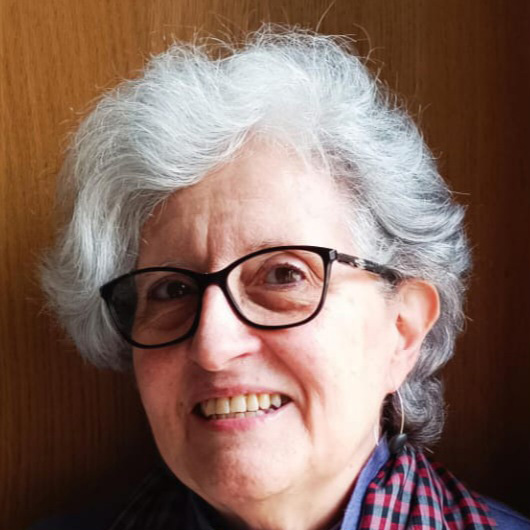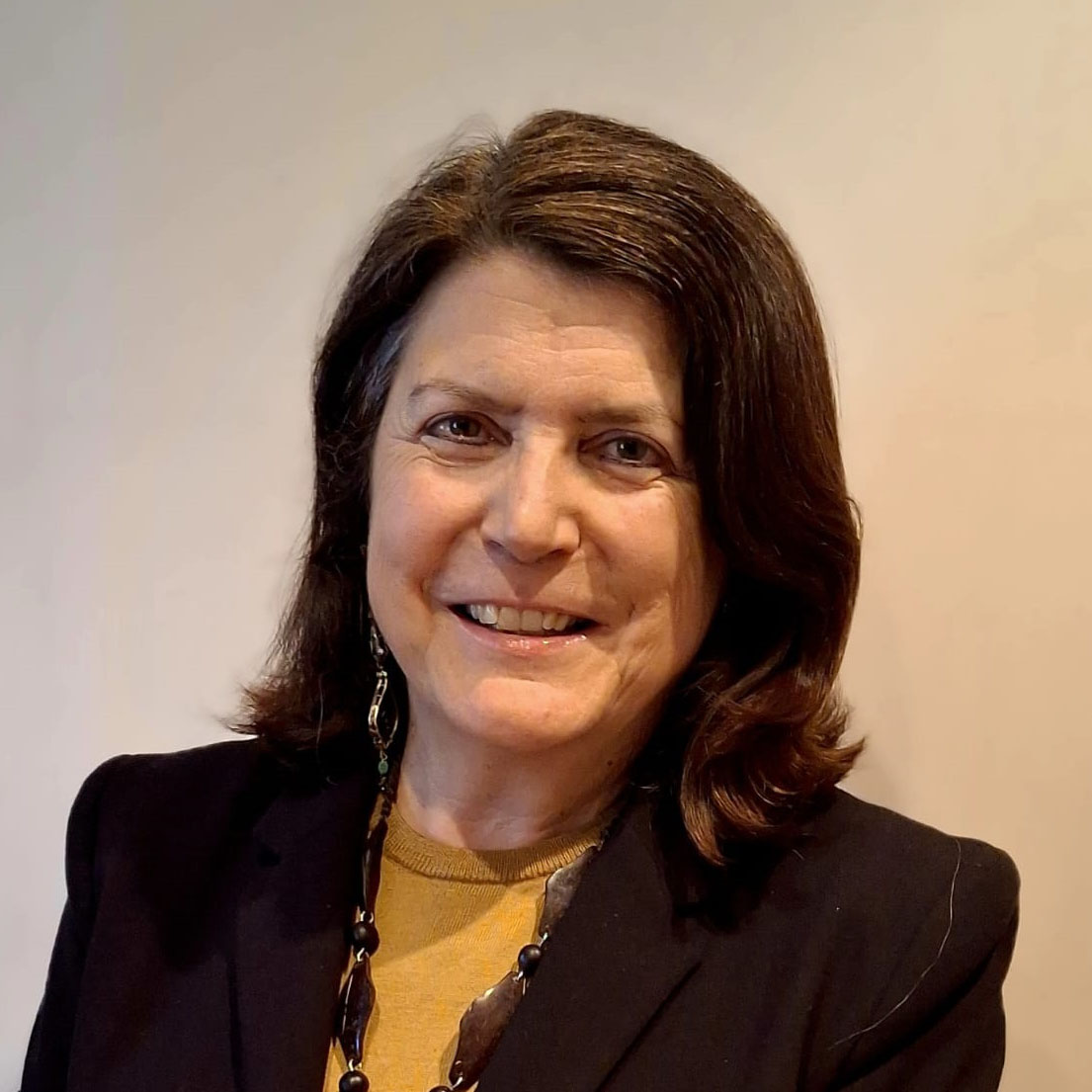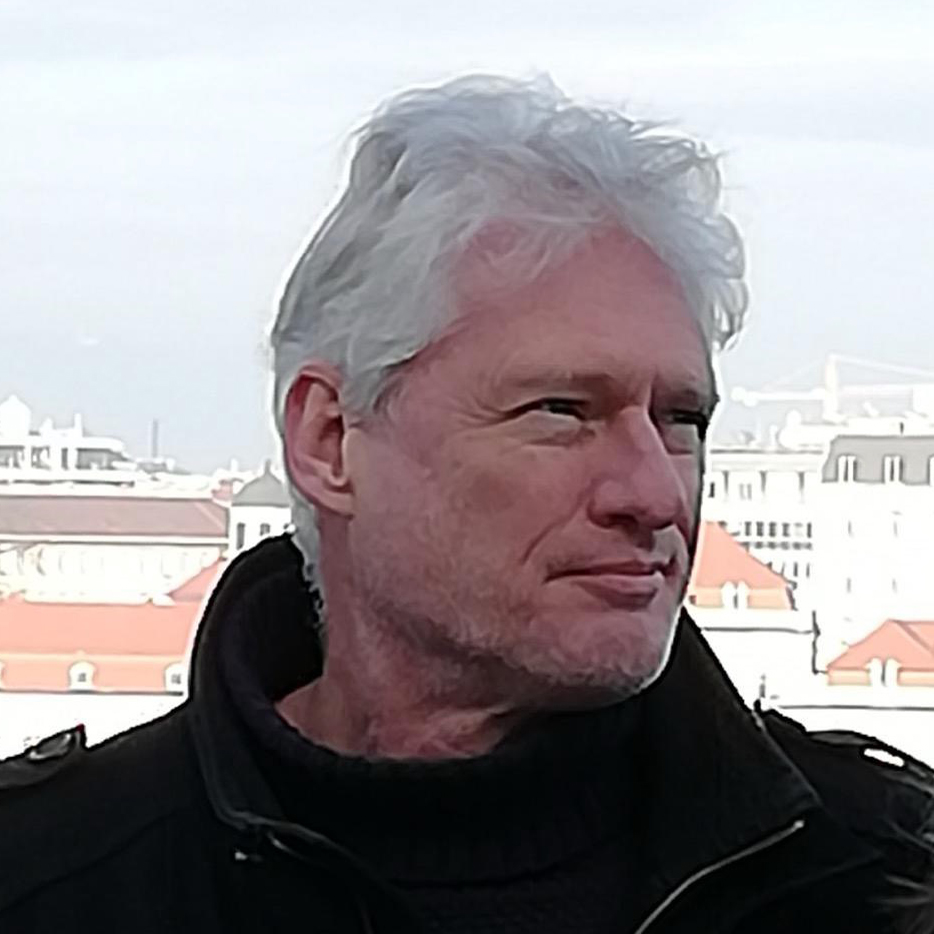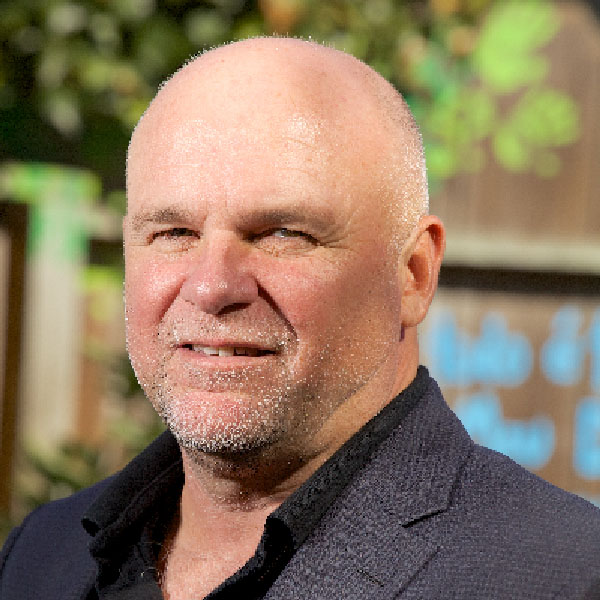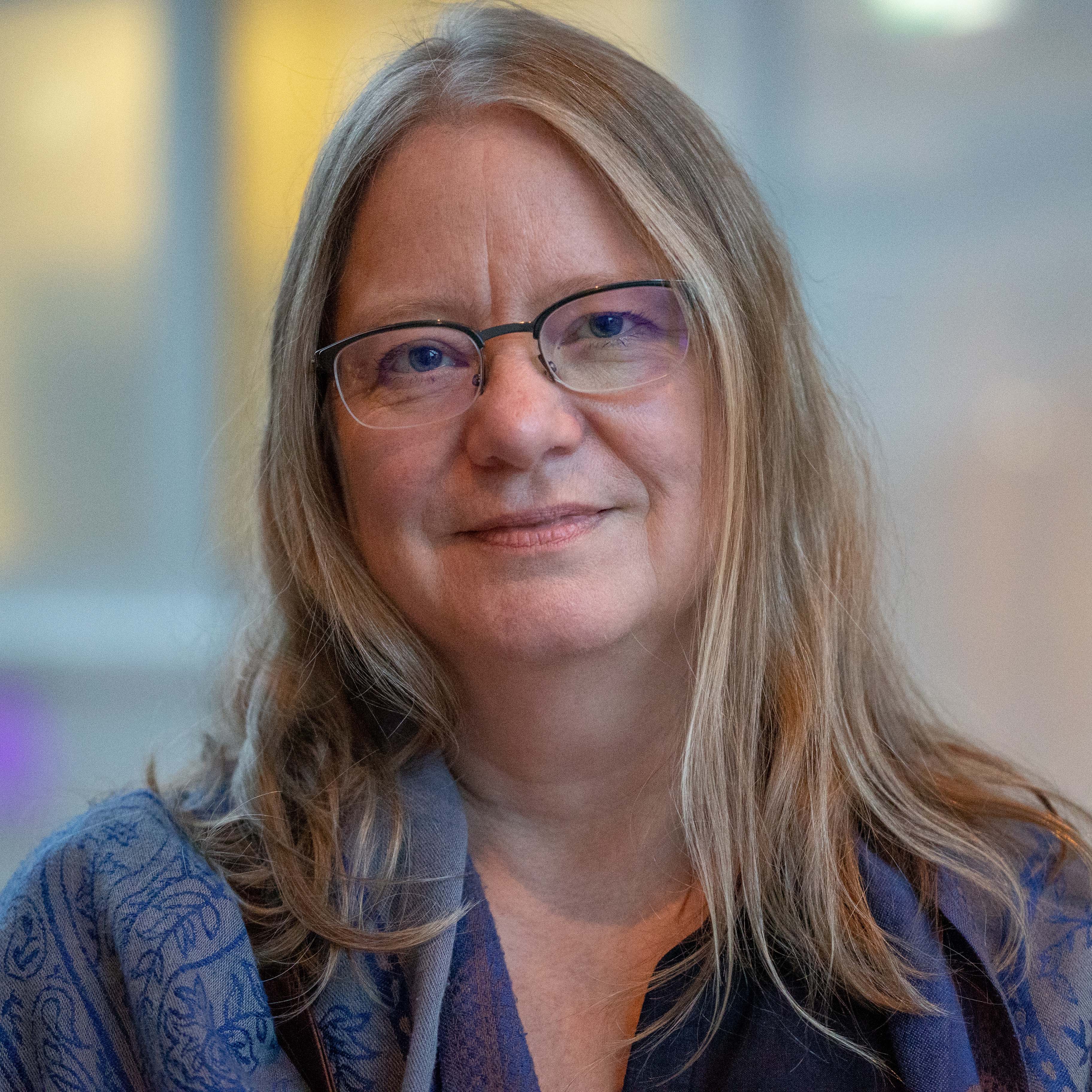
Pia Lane
Bio
Pia Lane is Professor of Multilingualism in the Department of Linguistics and Scandinavian Studies, University of Oslo, coordinator of Center for Multilingualism in Society across the Lifespan (MultiLing) and PI of the project Indigenous language resilience: From learners to speakers (in collaboration with Professor Haley De Korne). Her research focuses on multilingualism in Northern Norway, with an emphasis on language policy, language shift and language revitalisation in relation to Indigenous and minoritised languages in her home community. She is the 2024 recipient of the Nansen Award for Excellence in Science.
Her publications include From Silence to Silencing? Contradictions and Tensions in Language Revitalization. Applied Linguistics, Standardizing Minority Languages: Competing Ideologies of Authority and Authenticity in the Global Periphery, Routledge (co-edited with James Costa and Haley De Korne, 2017) and Negotiating Identities in Nordic Migrant Narratives - Crossing Borders and Telling Lives. Palgrave (co-edited with Bjørghild Kjelsvik and Annika Bøstein Myhr, 2022). She is co-editor-in-chief of LME Linguistic Minorities in Europe Online (LME), published by De Gruyter.
Pia Lane is a member of the Committee of Experts for the European Charter for Regional or Minority languages (Council of Europe) and has served as a member of the Norwegian Truth and Reconciliation Commission (2018-2023). The Commission’s task was to investigate historical injustices against the Sámi, Kven/Norwegian Finns and Forest Finns, examine the repercussions of this assimilatory policy, and propose measures for reconciliation.
Language revitalisation after historical trauma: Is language shift inevitable?
Indigenous peoples around the world have a history of marginalisation, oppression and even displacement, contributing to language shift as adults stop using their mother tongue with the next generation. Linguists have been concerned with this loss of languages since Hale et al.’s call for action (1992), and there is a substantial amount of research on the negative effects of language shift on social and individual well-being (Hinton, Huss & Roche 2018). Even when institutionalised oppression has been abandoned, effects of the past may still linger in the form of silencing, shame, and alienation (Lane 2023). Loss of language and culture practices may be an unresolved grief or historical trauma which is transmitted between generations (McKenzie 2022) and may (re)surface in revitalisation processes.
Language shift may come about through silencing by the nation state through oppressive educational policies and efforts to limit use of Indigenous languages. Somewhat paradoxically, language revitalisation may contribute to other forms of silencing, such as silencing by community members and self-silencing because of fear of speaking (Lane 2023). A reason might be that emotional aspects of language learning in Indigenous contexts seem to be particularly complex because of the identity politics and social control as to who has the right to claim the role of an authentic speaker.
I will primarily draw on data from interviews and biographical methods during ongoing fieldwork in Sámi communities in Norway at a moment in time when young Sámis attempt to reclaim a language that once was spoken in their family. The analysis will be supplemented with findings from other contexts. I conclude by highlighting how Indigenous peoples despite attempts to erase their linguistic and cultural practices have shown remarkable tenacity and resilience. This reminds us that human beings have a capacity to hope and strive for better futures for ourselves and our communities.




